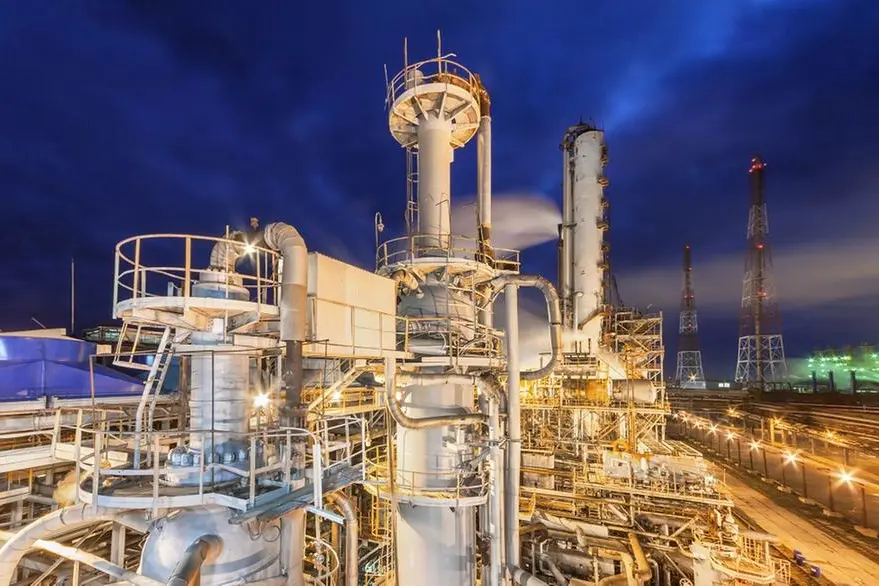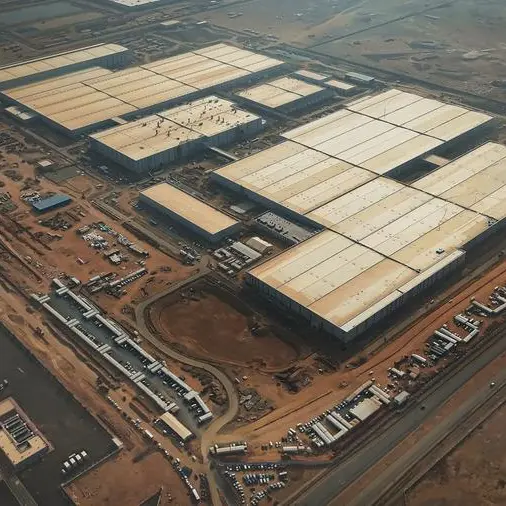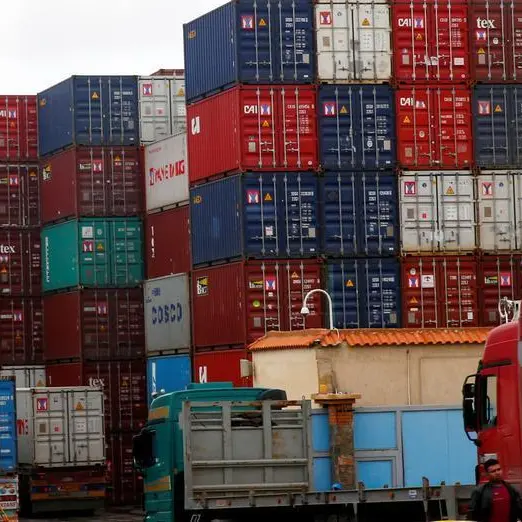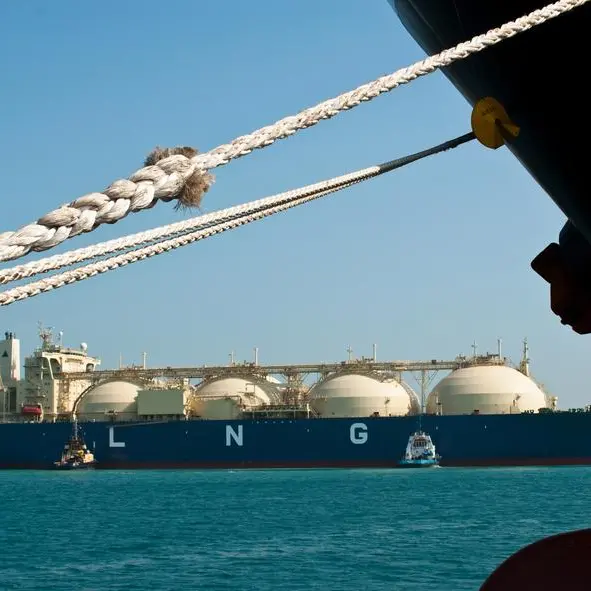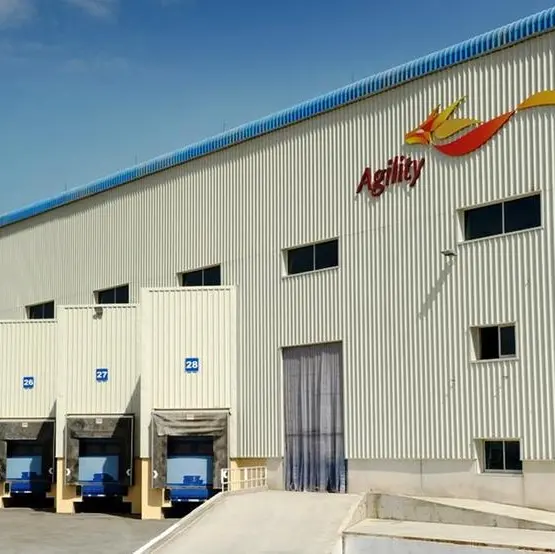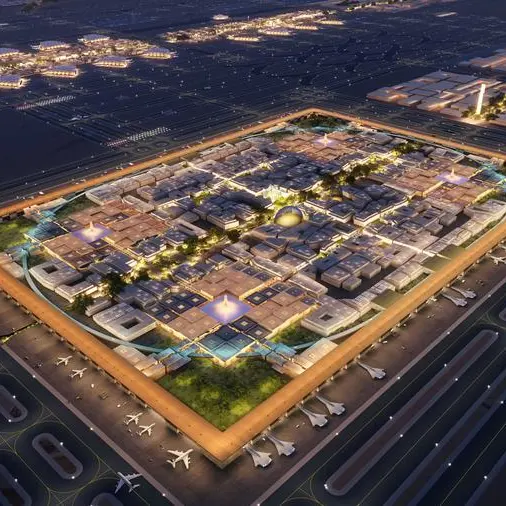PHOTO
The UAE-based nitrogen fertiliser producer and distributor Fertiglobe's fourth quarter 2023 results showed significant quarter-on-quarter growth, driven by a strong order book, higher sales volumes and increased ammonia prices despite higher gas prices and tight markets due to supply disruptions.
In an interview with Zawya Projects, Fertiglobe's CEO, Ahmed El-Hoshy, affirmed that the company's outlook for the coming quarters remains positive, backed by a constructive nitrogen market and anticipated tighter supply dynamics in the medium term.
He said the company looks forward to becoming a key component of ADNOC's ambitious road map.
"We are excited about our next chapter, in light of the recently announced sale of OCI's 50 percent shareholding in Fertiglobe to ADNOC for $3.62 billion," said El-Hoshy.
He said Fertiglobe will further leverage ADNOC's resources, expertise, and network to pursue new opportunities, especially in the emerging markets of clean ammonia and blue hydrogen.
Excerpts from the interview:
Can you elaborate on Fertiglobe's fourth quarter 2023 performance drivers and its strategy amidst challenges and opportunities in the global fertiliser market?
Our fourth quarter 2023 results showed significant quarter-on-quarter growth, with revenues up by 23 percent, adjusted EBITDA increasing 45 percent and adjusted net profit up by 151 percent from the previous quarter. This robust sequential performance was driven by a strong order book, higher sales volumes and increased ammonia prices despite higher gas prices and tight markets due to supply disruptions.
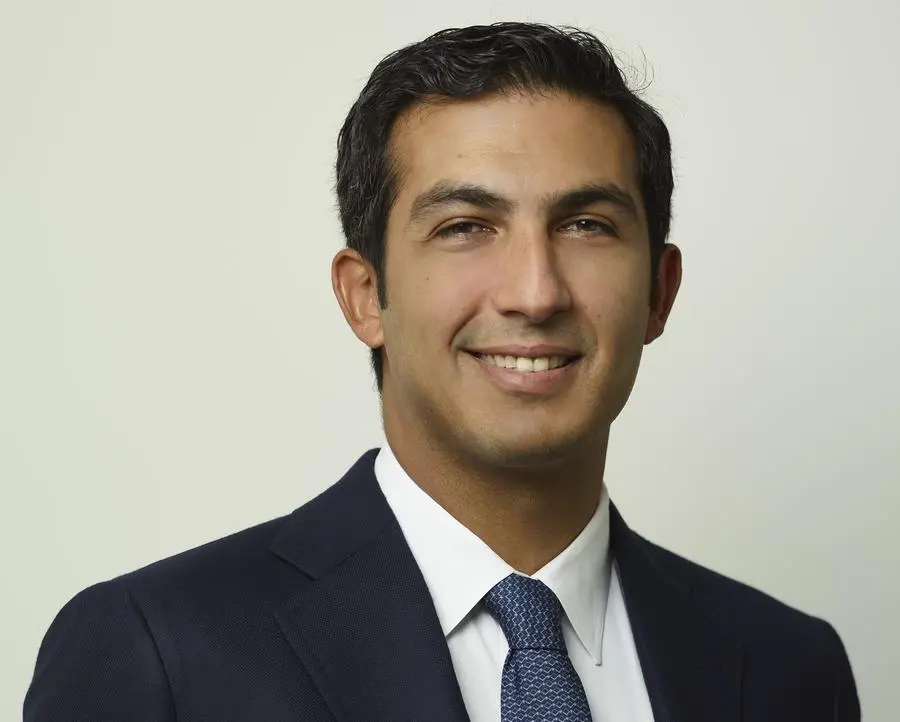

We also achieved a 15 percent increase in our own-produced sales volumes compared to the fourth quarter of 2022. The volume increase demonstrates our team's continued focus on operational efficiencies and improving reliability, and we expect to realise even more efficiencies over the coming quarters. This is of particular importance in a highly cyclical industry like ours.
Fertiglobe's Board of Directors endorsed dividends of $200 million, equivalent to 9 fils/share, for the second half of 2023, implying full-year dividends of $475 million and one of the highest dividend yields in our industry and market.
Our proactive initiatives to bolster cash generation across cycles have progressed well and have continued to bear fruit. Coupled with a robust balance sheet, these allow us to maintain an attractive dividend payout while investing in value-accretive growth projects.
What were the other key highlights of the fourth quarter?
A key highlight in the fourth quarter was our announcement, together with ADNOC, of the pilot deployment of the world's first modular carbon capture unit - CycloneCC - at the Fertil plant in the UAE, with potential for future deployment across our operations.
In November 2023, we announced the shipment of the world's first internationally certified renewable ammonia. The renewable ammonia was produced at our facilities in Egypt using renewable hydrogen from our pilot Egypt Green Hydrogen electrolyser and is used for producing near-zero emissions synthetic soda ash – a key ingredient in laundry powder – for Unilever in India.
This world-first demonstrates our commitment to decarbonising industries, delivering on our sustainability agenda, and supporting the global energy transition.
How is the company incorporating sustainability into its financial and operational strategies?
As the world's largest seaborne exporter of urea and ammonia combined and an early mover in sustainable ammonia, we take the climate challenge very seriously and remain committed to playing a vital role in reducing the carbon footprint of our operations while meeting the increasing demand for low-carbon hydrogen and ammonia.
A good example is our deployment of CycloneCC technology, developed by Carbon Clean, a company with over a decade of experience designing, building, and operating industrial carbon capture systems for hard-to-abate industries. Our deployment of the technology aims to improve the economics of point source carbon capture within our industrial facilities and is half the size of conventional carbon capture units.
We are also making solid progress with other sustainability-focused projects and initiatives. These include the continued diversification of our product offering via Diesel Exhaust Fuel (DEF), an industrial product that reduces harmful NOx emissions from diesel engines.
We have seen increased demand for the product in Europe due to increasingly strict emission regulations, and we have positioned ourselves to meet this demand.
Following Fertiglobe's announcement of several cost-saving measures earlier this year, could you provide an update on the progress of these initiatives?
Our progress on cost savings is very positive. In 2023, we launched an initiative to further optimise our cost structure and reinforce our top-quartile cost positioning, targeting $50 million in recurring annualised savings by the end of 2024. I am pleased to report that 51 percent of this target was already implemented by year-end.
In addition, our Manufacturing Improvement Plan (MIP) remains on track to deliver further operational and cost efficiencies by 2025. Coupled with our relatively young asset base and attractive utilisation rates, we expect to deliver on our sustainable and cost-efficient growth targets.
What is Fertiglobe's market outlook in the coming quarters? How does the company plan to position itself for sustained growth in the fertiliser industry?
Our outlook for the coming quarters remains positive, backed by a constructive nitrogen market, which is driven by healthy agricultural demand fundamentals, emerging demand for low-carbon ammonia, and anticipated tighter supply dynamics in the medium term.
There is also significant potential incremental demand in the medium term from new applications for ammonia, such as its use as a fuel for power generation, especially in Japan and Korea. These two markets alone could generate incremental demand for ammonia of 6 to 9 million tonnes by 2030.
With a strong order book for the fourth quarter of 2023, we have positioned the business to service key import markets through our strategically located facilities.
What is your plan in terms of spending on growth projects?
Looking ahead, our strategy is to continue balancing dividend payments with selective spending on value-accretive growth projects.
S&P and Fitch's recent placement of Fertiglobe on a positive credit watch, pending completion of the ownership transfer to ADNOC, reinforces our investment grade positioning, proving the strength of our financial position and supporting our balanced approach to growth.
How will the ADNOC-OCI transaction shape Fertiglobe's product development and market expansion strategy?
The recently announced sale of OCI's 50 percent shareholding in Fertiglobe to ADNOC for $3.62 billion will see ADNOC become the majority shareholder in Fertiglobe with total ownership of 86.2 percent. The transaction is expected to close in 2024, subject to the completion of all necessary legal and regulatory conditions.
The ADNOC-OCI transaction supports our future growth plans and makes us a key component of ADNOC's ambitious roadmap, allowing Fertiglobe to further leverage ADNOC's resources, expertise, and network to pursue new opportunities, especially in the emerging markets of clean ammonia and blue hydrogen.
Our priorities will be to continue to unlock potential in our core products of urea and ammonia, accelerate the pursuit of new market and product opportunities, and expand our focus on sustainable ammonia, with a continued focus on maximising shareholder value.
(Reporting by Syed Ameen Kader; Editing by Anoop Menon)
(anoop.menon@lseg.com)
Subscribe to our Projects' PULSE newsletter that brings you trustworthy news, updates and insights on project activities, developments, and partnerships across sectors in the Middle East and Africa.
